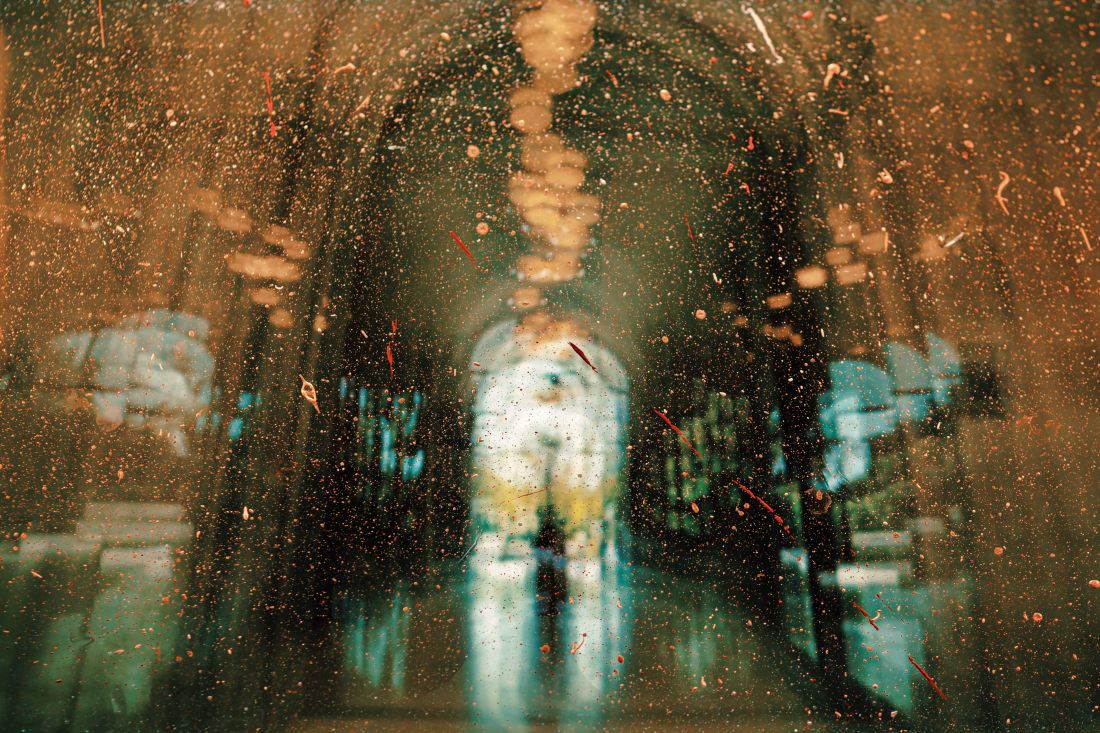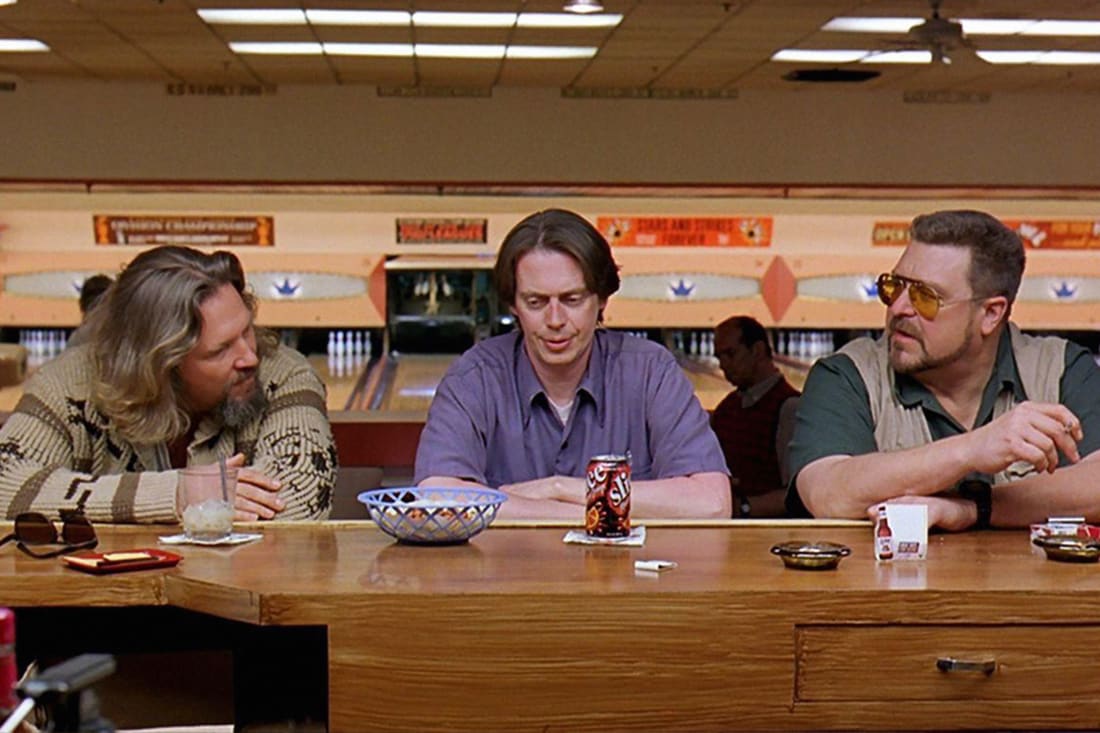How to club sober
Sober clubbers spill their best tips for an alcohol-free night out
Sober clubbers spill their best tips for an alcohol-free night out
The pulse of bass, the energy of the crowd, the thrill of the dance floor: clubbing is an undeniable part of youth culture. Whether you're dancing solo or with a group of friends, music provides a sense of unity and connection that comes from a good night out. At that moment, nothing else matters – only the music and the rhythm.
As all the oldest greatest house tunes will attest, clubbing can be a great way to lose yourself, to escape from life’s tedium and get away from reality if even for a moment. And research from actual scientists can back this too, with studies showing that music can release happy hormones like dopamine and serotonin into the brain, improve memory and encourage us to get an accessible form of cardio – dancing – into our day-to-day.
More recently, research conducted by Bristol club Motion found 90% of young people believing that clubbing can improve their mental health. And yet, despite its benefits, clubbing can be daunting for those who don’t drink or take drugs. “There’s a huge drinking culture which often leads to peer pressure too,” explains Niamh Ingram, Mixmag’s Weekend Editor, who chooses to ditch the drink due to heart complications.
“I’m only speaking from my perspective, but I feel there are a lot of people who feel pressure to drink when they go out–especially after the pandemic. There’s a feeling like people need to make up for lost time,” she continued. “Don’t feel alone, there are plenty of people who don’t drink and still have a great time: I’m a big advocate of sober raving.”
Whether it’s because of religious or medical reasons – or just wanting to save your health (and anxiety) from the Sunday morning regrets – going clubbing sober can be a unique and refreshing experience. With dry January around the corner, woo asked sober clubbers, as well as a wellbeing expert, to spill their best tips on a clean and substance-free night out.
Choose where you want to go
Club culture is rich and diverse. Whether you’re looking for an intimate rooftop bar, or a large warehouse rave, with some preparation (and a few Google searches) you’ll find a safe space that suits your needs.
Be it Annie Mac's national tour of Before Midnight – an accessible nightclubbing experience designed for people who benefit from a 12pm winddown sleep – or ‘Daytimers’–a collective aimed to champion South Asian creatives by throwing events across the UK – put yourself first and find a space you would feel most comfortable in.
Moreover, don’t fall into the trap of thinking clubbing is synonymous with getting off your head or being too drunk to remember the night before.
“We need to shift the narrative that clubbing is about the music, about community and socialising–not just about alcohol and drugs,” says Dawn Holmes, manager of the young person and family team at Turning Point’s drug and alcohol service. “Clubbing is about discovering new sounds, building a community, and socialising with people you wouldn’t usually speak with in everyday life.”
Find your crowd
Even if the tunes that are spinning aren't exactly up your street, don’t let that stop you from having a fun and alcohol-free night out. It’s equally, if not more, important to have a network you can rely on when going out.
“Ensure that your friends know that you’re not drinking – and the ones that respect that are the people you will most likely be able to count on,” Ingram says. “You can often find that people will pressure you to drink, but the friends who will care for you will most likely respect your decision.”
“Don’t go through it on your own,” Holmes adds, suggesting that, if possible, you can try and get your mates onboard with it too. “It’s no secret that alcohol impacts people's behaviour, and if you don’t let people know your intentions, you can often feel like you’re on the outside of a group – especially if everyone there is drinking except you.”
The music at a club isn't a dealbreaker either, Ingram says. “I’ve actually had a lot of fun going to clubs even when the music’s shit,” she continued. “We usually just have a laugh about it – it’s often the people you’re going with on the night out that make it great, not just the music.”
Try alcohol-free alternatives and stay hydrated
Alcohol-free drinks can be a great way of killing the FOMO, and are usually cheaper alternatives too.
“Mocktails are great, they’re just like juice and usually my go-to choice!” Zaynab Siddiqui, a practising Muslim, explains. “Even having caffeine and coffee, in moderation, of course, can help you keep up with others who are more intoxicated than you.”
“There are other alternatives out there, but, honestly, the best thing you can do is keep drinking water: I can’t stress this enough,” Ingram adds. “Make sure you’re constantly hydrated. Drinking alcohol obviously causes dehydration, but because you’re intoxicated you don’t notice.”
Non-alcoholic drinks can be a “great alternative” to beer and cocktails, Holmes agrees. “However, I do think that the price of them can be an issue, especially when you compare the price of non-alcoholic drinks to standard alcoholic drinks.”
Don’t underestimate the power of a nap
Let’s face it, no matter how much you love to party, clubbing can be tiring. Don’t underestimate the power of a nap to get those energy levels up.
“Taking a disco nap has been really helpful for me to keep up with people who are intoxicated,” Ingram recalls. “I only really discovered how great naps can be once I started clubbing sober. If I’m ever heading to a big rave where I’ll be up to the early hours of the morning, I’ll make sure to get some rest before.”
Science shows that even a few drinks can have a detrimental impact on your REM sleep. Quitting the drinks will mean you’ll be able to fall asleep faster and wake up feeling refreshed.
“I’ve even seen people take naps in clubs before–it’s not uncommon,” Ingram says. “Just make sure you let your friends know where you are and ask someone to watch out for you if you choose to, of course.”
Ask yourself why you’re not drinking
Dig deep, analyse why you’ve made the choice and how you’ll benefit from not caving to the booze. This one tip is often missed, but it’s important to know the reason why you’re not drinking.
“Know the intention behind why you’re not drinking. Because if not, it’s so easy to knock that down and give in to pressure,” Siddiqui explains. “If you have an internal reason for yourself, like why it’s forbidden in your faith, or why it’s expensive, or why it’s bad for your health, it’s a lot easier to keep clubbing sober. If you have a solid reasoning to not get on it, it becomes easier to enjoy and you’ll love yourself more for it.”
If you need help with a drinking problem you can ask a GP or alcohol service about what support is available in your area.
You can also phone Drinkline, the national alcohol helpline on 0300 123 1110 or Alcoholics Anonymous’s helpline on 0800 9177650. Both are free and anonymous. You can also visit alcoholics-anonymous.org.uk.



